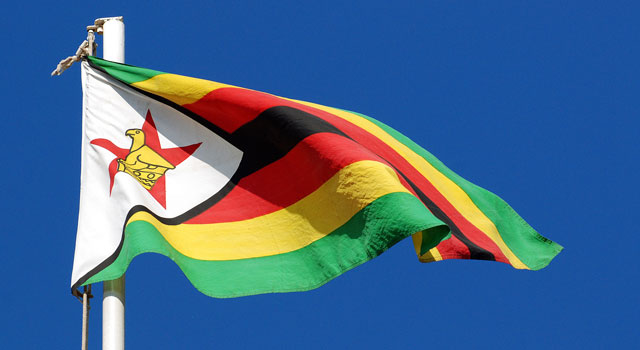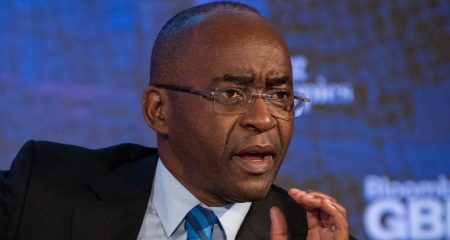
Analysts have forecast a tough financial year ahead for Econet Wireless and the other, smaller mobile operators in Zimbabwe, with voice revenues and profitability likely to take a further knock as the government will effect a further voice tariff reduction.
Econet Wireless — Zimbabwe’s biggest telecoms company — last week reported a 40% profit decline to US$70m for the year to February.
Analysts at IH Securities have forecast the Strive Masiyiwa-founded operator to take a further knock to its profits in the year ahead. Net income for the current trading period has been projected to slide by 30,5% to $48,8m.
Econet has turned to value-added and over-the-top services such as data and mobile money, and last week it hiked tariffs for social media accessibility through WhatsApp and Facebook by more than 100% for faster speeds.
“We anticipate a tough financial year ahead for Econet,” the analysts said. IH Securities has forecast a further 2,5% revenue decline to “on lower voice and SMS revenues per user”.
The likely suppressed revenues from voice and SMS categories will, however, partly be offset by projected “high growth in data and Ecocash”.
As a result of this, said the brokerage and advisory firm, Ebitda margins will likely fall further to 35,7% in the year to February 2016, translating to Ebitda of $259,9m, which will be 9% lower compared to 2015 earnings.
The analysts at IH Securities have also highlighted that any further tariff reduction, which the telecoms regulator has scheduled for January 2016, will likely price state run NetOne and Telecel Zimbabwe out of the market.
“For prudence sake, we have assumed that the proposed reduction from 15c to 12c/minute takes place in January 2016, but believe it is highly unlikely that the tariff will be reduced further as this will most certainly price the other smaller players out of the market,” Carla Simleit and two other analysts at IH Securities said in a research note.
Zimbabwean operators are experiencing an “ongoing trend towards data”, which is likely to continue in the short to medium term due to the increased uptake of social media and increased broadband use.
“It is a global trend which we believe is accelerated by the macroeconomic climate in Zimbabwe, where consumers seek more value for their money and are therefore prepared to sacrifice the quality and convenience of voice calls in favour of the higher-value data bundles,” IH Securities said. — Fin24



